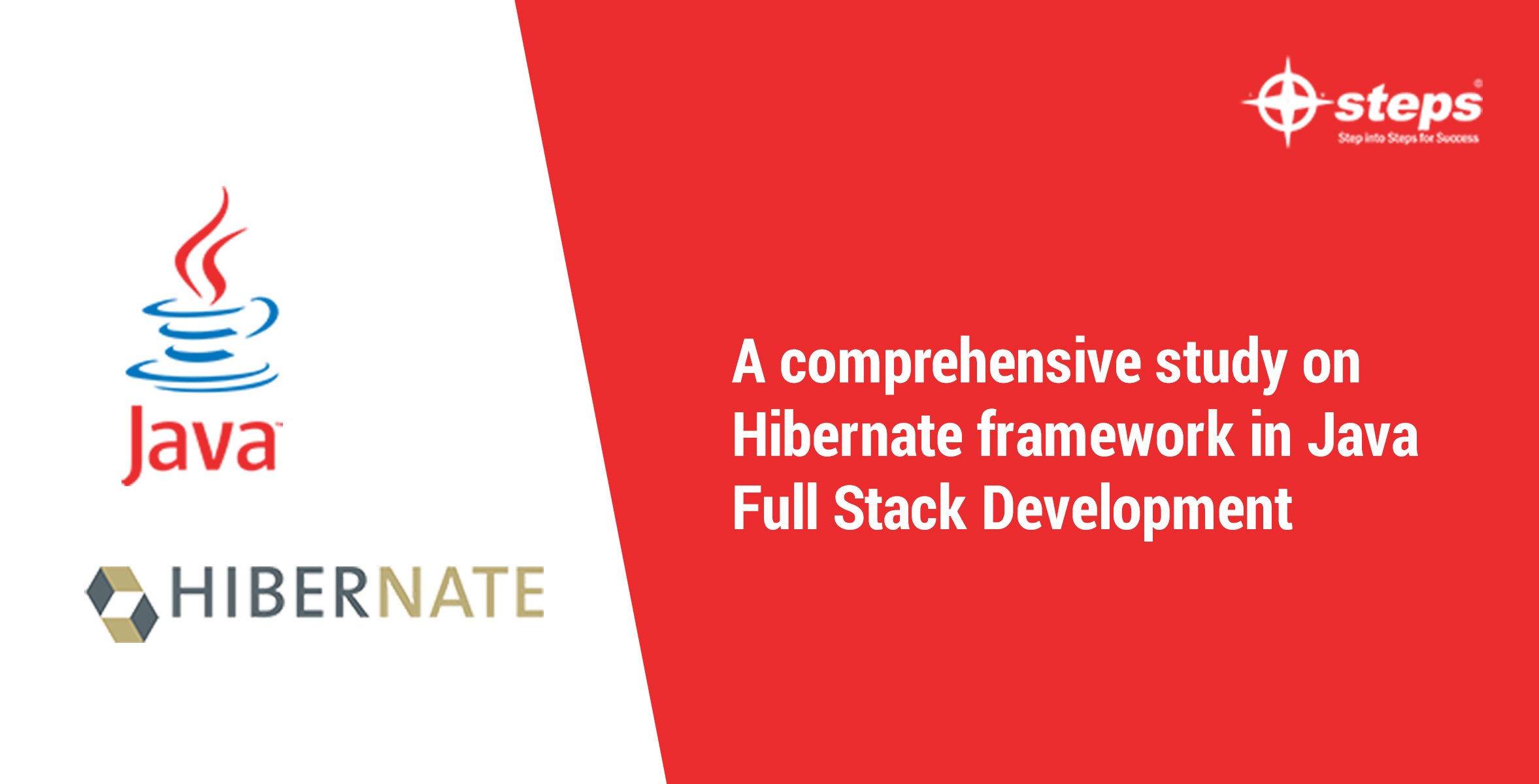A comprehensive study on Hibernate framework in Java Full Stack Development
Hibernate is a Java-based open-source object-relational mapper. It’s small and lightweight, and it solves all the problems we have with JDBC. In this article, we will learn about ‘What is Hibernate in Java,’ including all the framework’s features and benefits. You can learn more about Java and its frameworks from the best Java training in Kochi and build your booming career in Java Full Stack development.
What is Hibernate?
Hibernate is a Java framework that includes an abstraction layer and takes care of the implementations within. Writing a query for CRUD activities, establishing a connection with databases, and other functions are included in the implementations.
Hibernate creates persistence logic, which stores and processes data so that it may be used for a longer period. It’s a lightweight ORM tool that’s also open-source, giving it an advantage over other frameworks.
What is an ORM tool, exactly?
It’s a strategy for mapping the objects in a database. Data generation, modification, and access are all made easier with an ORM tool.
It interacts with databases via the Java API internally. Hibernate overcomes the drawbacks of other technologies such as JDBC. Take a look at how it beats JDBC in terms of task optimization.
- Hibernate eliminates the database dependency that JDBC requires.
- Working with JDBC, changing databases costs a lot of money; hibernate solves this problem with ease.
- Easy code portability
- The object-level relationship is enhanced via Hibernate. It eliminates a lot of the exception-handling aspect, which is required when working with JDBC.
- The object-level relationship is overcome by Hibernate. Addressing the boilerplate problem reduces the length of code while increasing readability.
Functionalities of Hibernate
- Hibernate is database-independent due to the Hibernate Query Language.
- It facilitates DDL operations that are performed automatically.
- Auto Primary Key Generation is supported by Hibernate.
- Cache memory is supported.
- Hibernate does not require exception handling.
- Support ORM(Object Relational Mapping)
Important databases supported by Hibernate
- MySQL
- ORACLE
- PostgreSQL
- Microsoft SQL Server Database
Important technologies supported by Hibernate
- Spring
- Eclipse Plug-ins
- J2EE
- Dynamic web projects
These features make Hibernate favorites of Java developers. Frameworks have a great role in Java Full Stack development. You can learn more about Java frameworks from Java full stack developer course in Kochi and build strong backend skills as a Java Full Stack developer.

